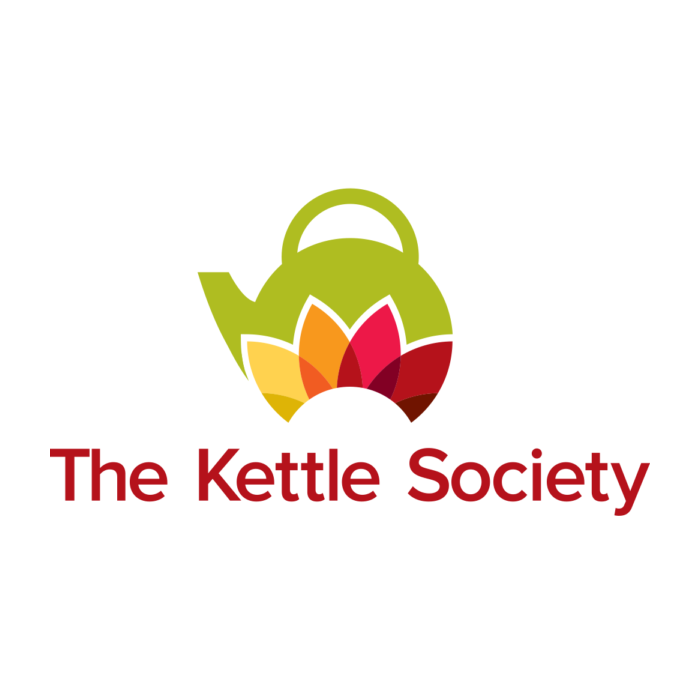
Mental health first aid
Mental Health First Aid (MHFA) provides basic knowledge of mental illness, and initial help provided to a person developing a mental health problem, experiencing a mental health crisis, or a worsening of their mental health.
The benefits of learning Mental Health First Aid are two-fold. Taking this course helps you become more confident at helping people who are experiencing a mental health problem. Early intervention puts less strain on crisis supports, which costs society billions in resources.
The second benefit is for people who are living with mental illness (1 in 5 Canadians). A greater understanding of mental health creates a more accepting and empathetic community. Better education and understanding validates the experiences of people living with mental health problems, and normalizes and humanizes mental illness.

Who is MHFA training for?
We encourage everyone to take this course, and provide it to our staff, members, and volunteers. Our Mental Health First Aid course is intended for adults interacting with adults 18 years and older.
This course focuses on the four most common mental health disorders including substance related, mood related, anxiety and trauma related, and psychosis.
Certification consists of two completed courses. Cost is $140 cash/cheque, or $145 credit card.
To sign up please reach out to Michelle via email at mjerome@thekettle.ca
Efficacy & accolades
The MHFA program has been internationally evaluated and proven to be effective. Peer-reviewed studies published in multiple countries show that individuals trained in the program:
Increase their knowledge of signs, symptoms and risk factors of mental health problems
Decrease the social distance between themselves and someone with a mental health problem
Increase their confidence to help someone experiencing a mental health crisis
Can identify professional and self-help resources for individuals with a mental health problem
Show increased mental wellness themselves
MHFA Canada is included on the Public Health Agency of Canada’s Best Practices Portal where it is classified as a best practice. This means it has been demonstrated to have:
High Impact – positive changes related to the desired goal(s)
High Adaptability – successful adaptation and transferability to different settings
High Quality of Evidence – excellent quality of research/evaluation methodology, confirming the intervention’s high impact and adaptability evidence

